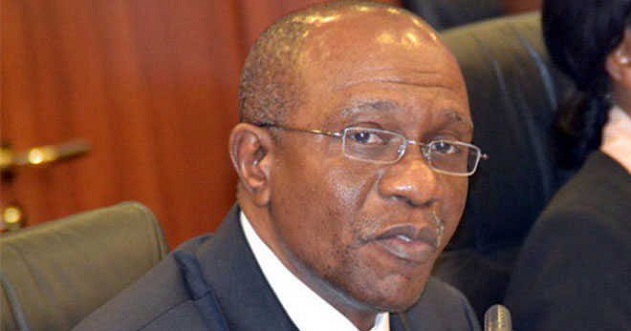Business
MPC orders CBN to restrict banks’ access to govt securities, retains MPR at 13.5%

The Monetary Policy Committee (MPC) has directed the Central Bank of Nigeria (CBN) to initiate policies and regulations to restrict access of banks to government securities including bonds and treasury bills.
This formed part of the resolution of the meeting of the MPC in Abuja on Tuesday.
The governor of the apex bank, Godwin Emefiele, who spoke after the meeting, said the move was taken to redirect banks’ lending focus to the private sector, noting that this would spur the much needed growth in the economy.
He added that the mechanism would limit the access of Debt Money Banks (DMBs) to government securities.
He said: “In view of the abundant opportunities available to banks for unfettered access to government securities, which tends to crowd out private sector lending, the Committee called on the Bank to provide a mechanism for limiting DMBs access to government securities so as to redirect banks’ lending focus to the private sector, noting that this would spur the much needed growth in the economy. It called on the government to use all machinery at its disposal to increase tax revenue to enable the government fund its budget adequately.
“It is important and expedient that the MPC gives this directive to the management of the Central Bank because this country badly needs growth. For us to achieve growth, those whose primary responsibilities it is to provide credit, who act as intermediaries in providing credit and are accorded as the catalysts to the economy, must be seen to perform that responsibility.”
READ ALSO: Consumers to stop owning gas cylinders
He noted that the CBN was displeased with the DMBs directing liquidity to other sectors of the economy rather than the private sector.
“This is what the MPC frowns at and, therefore, giving the management of Central Bank the power to limit the DMBs’ propensity or their appetite for just going for government securities rather than directing credit to private sector of the economy.
“The truth is that according to our own regulations, there is a particular minimum percentage of treasury bills or government securities that the bank must invest in order to remain liquid. But again, we have observed – and unfortunately too and increasingly so – that the banks, rather than focusing on granting credit to the private sector, they tend to direct their focus to mainly in buying government securities.”
He noted that the MPC also directed the CBN think about administrative, legal and regulatory framework to be put in place to ensure that some of the credit risks that were associated with granting loans to the private sector that ultimately result in Non-Performing Loans (NPLs) be mitigated.
By this, he said, the probability that NPLs would rise would be moderated.
The MPC agreed to develop a proposal for a comprehensive administrative legal and regulatory framework to speed up the recovery of delinquent loan facilities of the banking system.
Emefiele stated that the MPC resolved to retain the Monetary Policy Rate (MPR) at 13.50 per cent; retain the asymmetric corridor of +200/-500 basis points around the MPR; retain the Cash Reserve Ratio (CRR) at 22.5 per cent; and retain the Liquidity Ratio at 30 per cent.
Join the conversation
Support Ripples Nigeria, hold up solutions journalism
Balanced, fearless journalism driven by data comes at huge financial costs.
As a media platform, we hold leadership accountable and will not trade the right to press freedom and free speech for a piece of cake.
If you like what we do, and are ready to uphold solutions journalism, kindly donate to the Ripples Nigeria cause.
Your support would help to ensure that citizens and institutions continue to have free access to credible and reliable information for societal development.
























